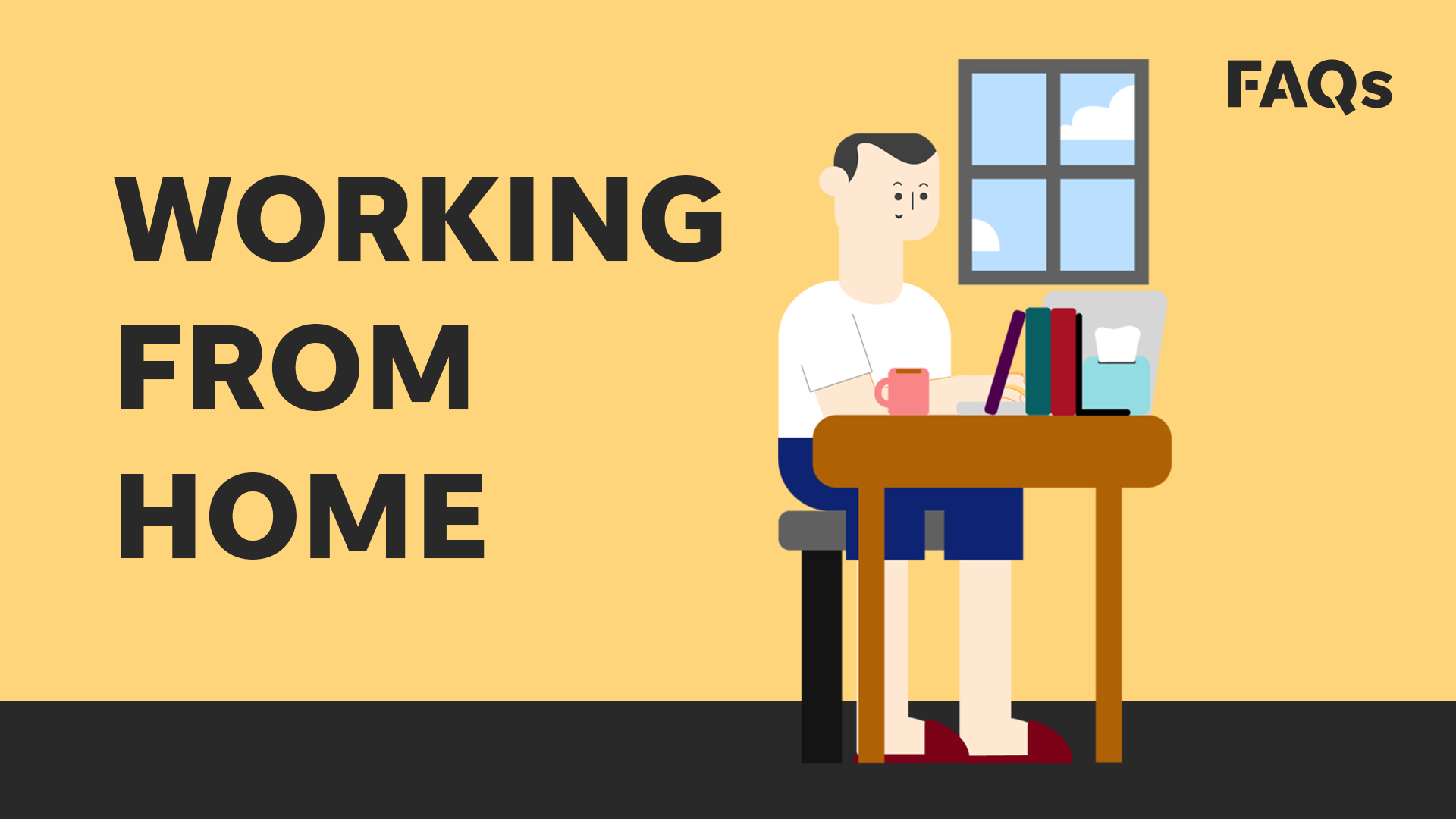Even after states reopen, commercial landlords may need to brace for a hit
Many companies are getting used to a remote staff and may continue that practice beyond the COVID-19 crisis. But that could spell trouble for commercial landlords.

When cases of COVID-19 started popping up rapidly in March, a number of U.S. employers were quick to pull the trigger on remote work. In the weeks that followed, a large percentage of companies followed suit.
Fast forward about two months later, and many workers have gotten into the remote work groove. Those who initially struggled with productivity have learned to adapt, while managers have realized that it's possible to foster teamwork and collaboration without being in the same room as their direct reports. It's not surprising, then, to learn that in a recent survey of 517 venture-capital-backed founders, 71% claimed they'd let some or all of their employees continue to work remotely even once COVID-19 restrictions are lifted.
A lot of big-name players have expressed an interest in upholding remote work, too. Facebook, for example, has stated that as many as 50% of its employees could be working remotely within the next five to 10 years. And Twitter has proclaimed that some of its staff can work remotely on an indefinite basis should they so choose.
Dad working at home with his two kids at a kitchen table. (Photo: GETTY IMAGES)
In fact, the shift to long-term remote work may be the one good thing to come out of the COVID-19 crisis (that and countless loaves of sourdough bread). But while the option to continue working remotely may be good for employees, and even employers, it could spell trouble for commercial landlords who rely on those businesses to occupy office space.
Will commercial landlords struggle?
Remote work can be a huge money saver for employees, sparing them the cost of commuting and, in some cases, lowering their childcare expenses. But it's not just employees who stand to gain if remote work becomes a mainstay; the companies that employ them could save countless amounts by reducing the amount of office space they need to maintain.
Unfortunately, that's the opposite of what commercial landlords want to hear right about now. Many are currently allowing tenants to defer rent payments and are offering up more flexible terms in the wake of COVID-19, and it's a struggle. But if a lot of those tenants opt not to renew their leases because they don't need their office space, or as much space, that could really leave those same landlords in the lurch.
WFH: For video meetings, the eyes have it. Use these tips to make a better impression online
Work from home 'forever'?: Twitter is encouraging employees to do so
Of course, it stands to reason that the remote model doesn't work for every company, and there will always be opportunities to rent out office space. But commercial landlords may need to brace for the possibility that revenue may not pick back up once the COVID-19 crisis ends. Quite the contrary – once tenants fulfill their existing leases, they may not look to renew at all, and on a large scale, that could change the face of commercial real estate for many years to come.
The Motley Fool has a disclosure policy. Editorial opinions are ours alone and have not been previously reviewed, approved, or endorsed by included advertisers. Editorial content from Millionacres is separate from The Motley Fool editorial content and is created by a different analyst team.
The Motley Fool is a Paste BN content partner offering financial news, analysis and commentary designed to help people take control of their financial lives. Its content is produced independently of Paste BN.
Get the 'Dirt on the real estate market
Offer from the Motley Fool: Are you looking for the next hot real estate market? Want to know how new rules and regulations could impact your next home purchase or real estate investment? Would you like to find out which improvements to your property will get you the most bang for your buck? We cover all these things and more in our newsletter, Paydirt.
Sign up here to get our best insights delivered to you.